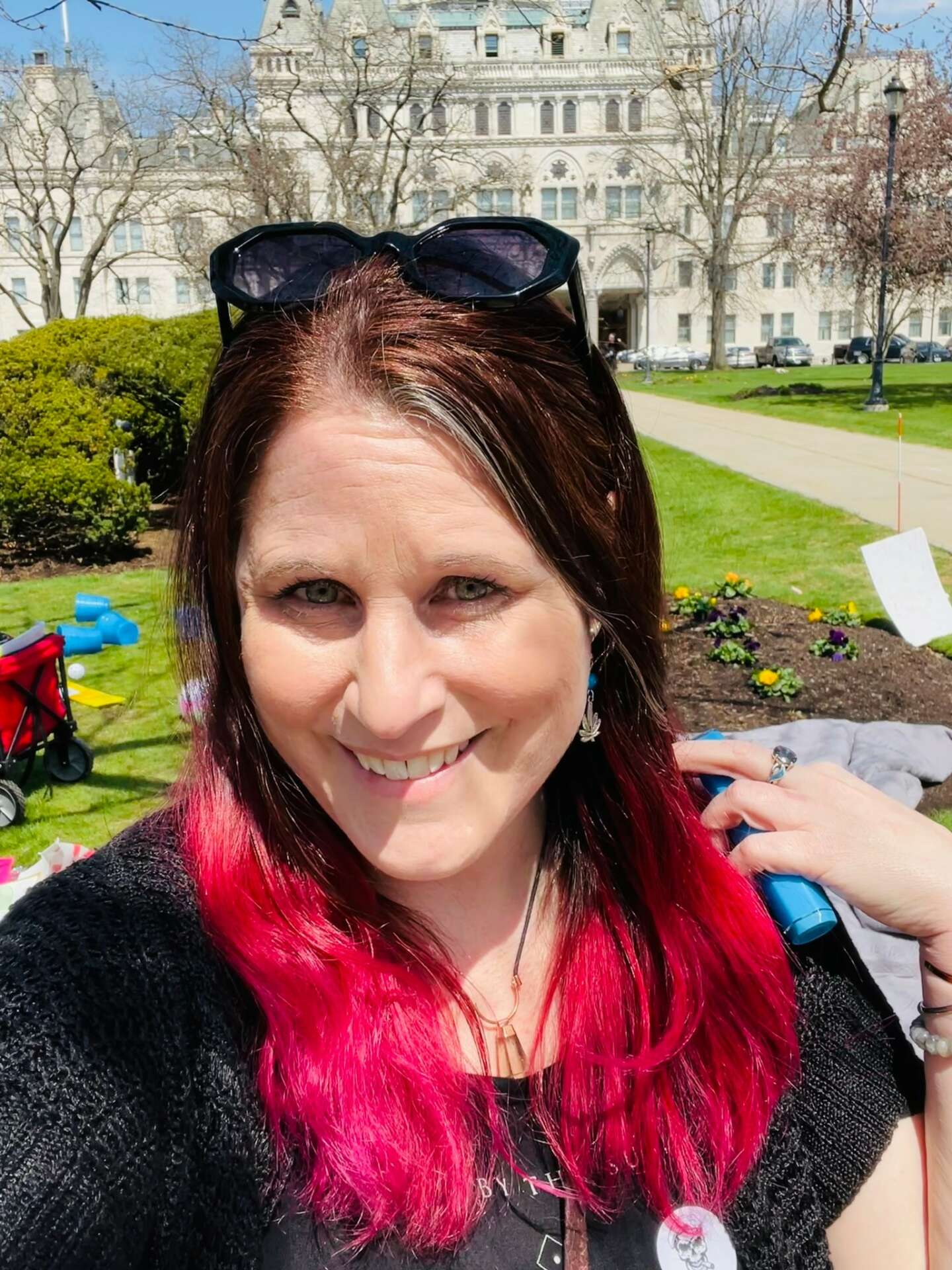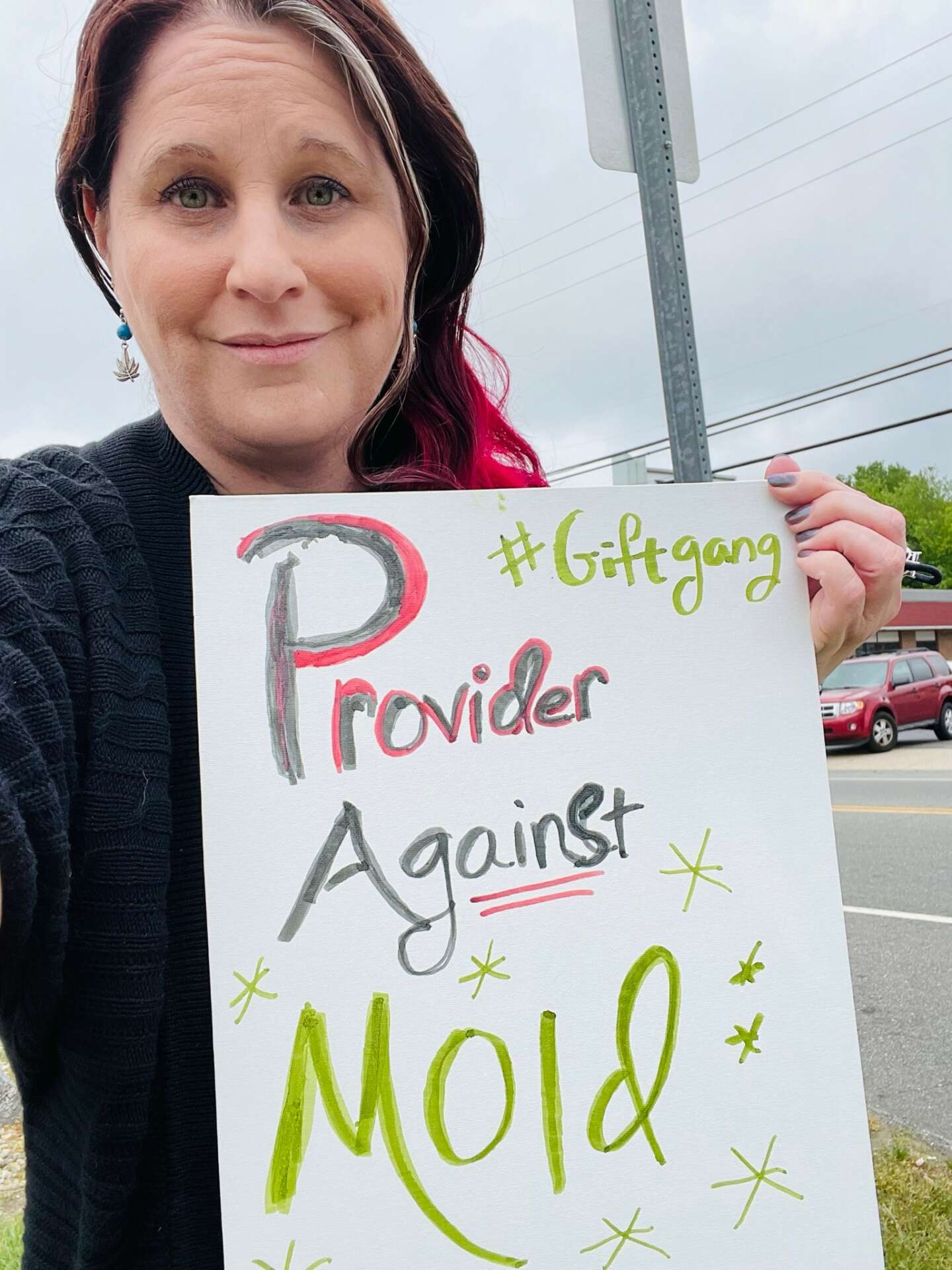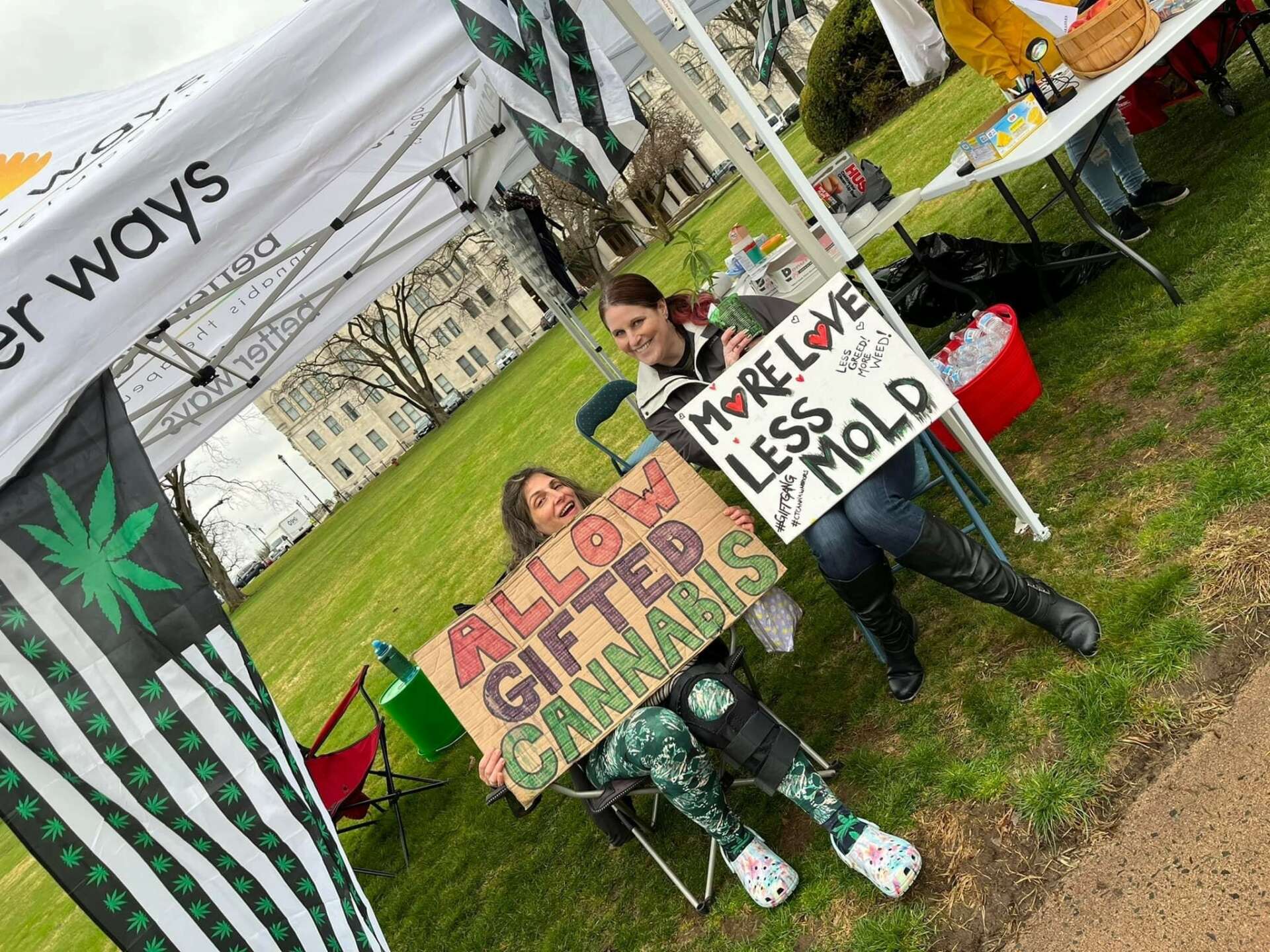We recently connected with Erin S. Doolittle and have shared our conversation below.
Erin , thanks for taking the time to share your stories with us today Was there a moment in your career that meaningfully altered your trajectory? If so, we’d love to hear the backstory.
I personally suffered with Panic Disorder, PTSD, and Agoraphobia for nearly 20 years. Due to my personal background and exposure to addiction I was extremely anti-cannabis. At the age of 30 a loved one convinced me to try it. I was desperate. I was skeletally thin, I couldn’t go out with friends or family without severe, prolonged panic attacks. My cocktail of choice was Imodium and Xanax to get through inescapable situations. To discover that cannabis was incredibly effective and comfortable, was life changing. I committed to researching, de-stigmatizing, and educating real people about the real benefits medical cannabis could have. I’ve now certified over a thousand medical patients for my states medical cannabis program and watched in awe as tumors have shrunk, suicidal ideation and self-injury have all but disappeared from those suffering with PTSD, depression, anxiety, and a litany or other conditions over the five years I have been providing certification services. It has been a deeply humbling and incredibly rewarding experience to be a part of the cannabis movement that has led to activism and advocacy far beyond what I ever thought myself capable of.


Erin , before we move on to more of these sorts of questions, can you take some time to bring our readers up to speed on you and what you do?
I became a therapist because I was struggling with anxiety, depression, and PTSD of my own. I went to therapy and learned how to work through those things from a clinical perspective but it didn’t solve everything. I learned I had to do a lot of work of my own and discovered that Fear was the primary culprit along with old messages and beliefs I held that I wasn’t consciously aware of. I learned cannabis – something I’d vocally opposed – was incredibly healing and effective. Learning, being humble, and meeting people where they’re at is the key to my practice. Tools like EMDR are incredible but the human connection is the most important aspect of therapy.



Putting training and knowledge aside, what else do you think really matters in terms of succeeding in your field?
In the field of mental health I believe it’s critical that we put ourselves in the clients shoes and utilize therapy for ourselves. To succeed in this field a practitioner must be willing to ask the hard questions, be uncomfortable, and model empathy in every interaction. Respect for the patient and their culture is of primary importance as is acknowledging the stigma mental health carries in their family and communities. I believe a collaborative, respectful approach with clients of every age and background is the key to success and longterm growth
Can you tell us about a time you’ve had to pivot?
I spent my early professional years in Special Education with the intention of becoming a teacher. Through my experiences in teaching, I learned quickly how limited the profession is when it comes to truly supporting kids and families and knew I wanted more than just to grade homework or take away recess. My time spent teaching was able to be applied to my acceptance to the Marriage & Family Therapist Program and has proven invaluable over the years. While I occasionally miss the classroom, I knew I didn’t belong there and had to make a change, drop my current course of study, and begin anew. I have absolutely no regrets but at the time it was a scary jump to take.
Contact Info:
- Instagram: @drerindoolittle
- Facebook: @ErinSDoolittle
- Linkedin: @erinsdoolittle
- Other: TikTok @erinsdoolittle


